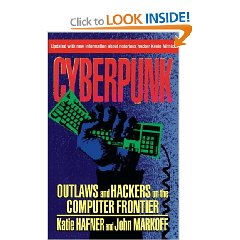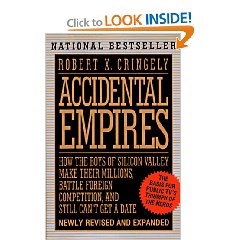Strategic intelligence for American world policy
Strategic Intelligence & Statecraft: Selected Essays (Brassey's Intelligence and National Security Library)
The New Craft of Intelligence: Personal, Public, & Political–Citizen's Action Handbook for Fighting Terrorism, Genocide, Disease, Toxic Bombs, & Corruption
Review: Secret Agencies–U.S. Intelligence in a Hostile World
5 Star, Congress (Failure, Reform), Executive (Partisan Failure, Reform), Intelligence (Government/Secret)Review: Intelligence–From Secrets to Policy
4 Star, Decision-Making & Decision-Support, Executive (Partisan Failure, Reform), Intelligence (Government/Secret)This is an excellent elementary text for the average college student. Over-all it is strong on issues of analysis, policy, and oversight, and weak on collection, covert action, and counterintelligence. The chapter on collection has a useful figure comparing the advantages and disadvantages of the five collection disciplines, and but does not get into the detail that this aspect of the intelligence community-80% of the annual expense-merits.

Review: The U.S. Intelligence Community–An Annotated Bibliography (Garland Reference Library of the Humanities)
4 Star, Intelligence (Government/Secret)Review: CYBERPUNK–Outlaws and Hackers on the Computer Frontier, Revised
3 Star, Asymmetric, Cyber, Hacking, Odd WarThree case studies are provided, including one dealing with Robert Morris, son of a distinguished NSA scientist and the person who brought America to a standstill with an epidemic electronic virus. By two distinguished journalists who knew little about hackers but could recognize a great story when they saw one, this is one of the more important early books that erroneously labeled hackers as criminals and electronic criminals as hackers.










